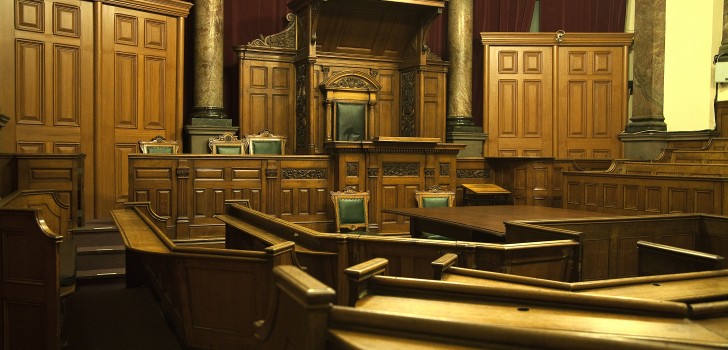U.S Supreme Court and Circuit Courts of Appeal proceedings may be streamed live online if a bill introduced by four members of the US Congress is passed.
Dubbed the Eyes on the Courts Act, the bill is sponsored by Congressman Jerrold Nadler (D-NY) and is being formally unveiled today at an event on the steps of the Supreme Court building in Washington, DC.
The bill’s co-sponsors are Representatives Gerry Connolly (D-VA), Ted Poe (R-TX) and Mike Quigley (D-Ill) who will all be Nadler’s supporting cast at today’s bill launch.
Nadler and Poe are members of the House Judiciary Subcommittee on Courts, Intellectual Property and the Internet.
The Eyes on the Courts Act is Poe’s second attempt to get cameras into the court system. He sponsored a similar bill in 2009, but was unable to even get the bill up for a vote.
Nadler says although the act will ask the courts, by default, to allow cameras to record court proceedings and stream them online, it does grant judges the right to close off the courtroom when they believe streaming the hearing may impact the outcome or interfere with the case.
If the bill receives majority support, it would be the first time Supreme Court proceeding are streamed to the public. Currently the Supreme Court does not allow cameras to record any proceedings. Judges deliver their decisions and remarks on cases through written decisions and dissenting opinions.
Although cameras are also not allowed in Federal Courts for criminal trials, a pilot program was introduced recently allowing limited access for civil trials.
Legal experts say there have been many attempts over the years, through the legal system and media pressure from groups wanting Supreme Court and Circuit Courts of Appeal proceedings to be filmed live for transparency reasons. They say changes in technology and communication would make this process easy, but the courts have been unmoved. Even in huge landmark cases like the Bush v. Gore in 2000 and recent arguments about Obamacare, the courts have denied access to cameras.
Stay Connected